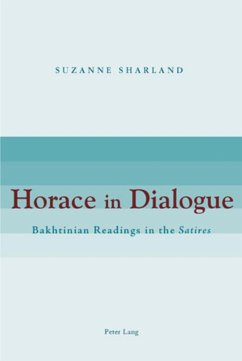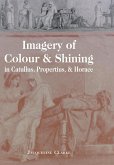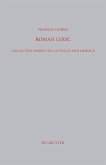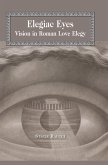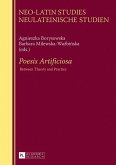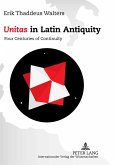Horace's Satires have a distinctly dialogic quality - not for nothing does Horace himself choose to call these poems sermones, 'conversations'. Even when formally presented as monologues, the Satires seem to be speeches actively addressed to their recipients, cognisant of their audiences, and full of the 'voices' of others. This book applies theories on dialogue by the twentieth-century Russian thinker Mikhail Bakhtin to Horace's Satires. Bakhtinian key concepts such as polyphony, heteroglossia, addressivity and authoritative discourse are investigated and found to be useful in understanding Horace's work.
Far from getting bogged down in theory, however, this is a book which uses some of Bakhtin's ideas to tease out fresh insights into Horace's Satires. The author reads Horace's poems as 'little dramas' - interactions between speakers, interlocutors, addressees, and audiences. What is Horace's real motive for lecturing on miserly greed in his first satire? Who is the modern Hollywood star whom Horace most closely resembled? What is Horace doing while Damasippus rattles on, recounting the words of his guru Stertinius, in Satires 2.3? The answers to these and other questions are suggested in this book.
Far from getting bogged down in theory, however, this is a book which uses some of Bakhtin's ideas to tease out fresh insights into Horace's Satires. The author reads Horace's poems as 'little dramas' - interactions between speakers, interlocutors, addressees, and audiences. What is Horace's real motive for lecturing on miserly greed in his first satire? Who is the modern Hollywood star whom Horace most closely resembled? What is Horace doing while Damasippus rattles on, recounting the words of his guru Stertinius, in Satires 2.3? The answers to these and other questions are suggested in this book.

